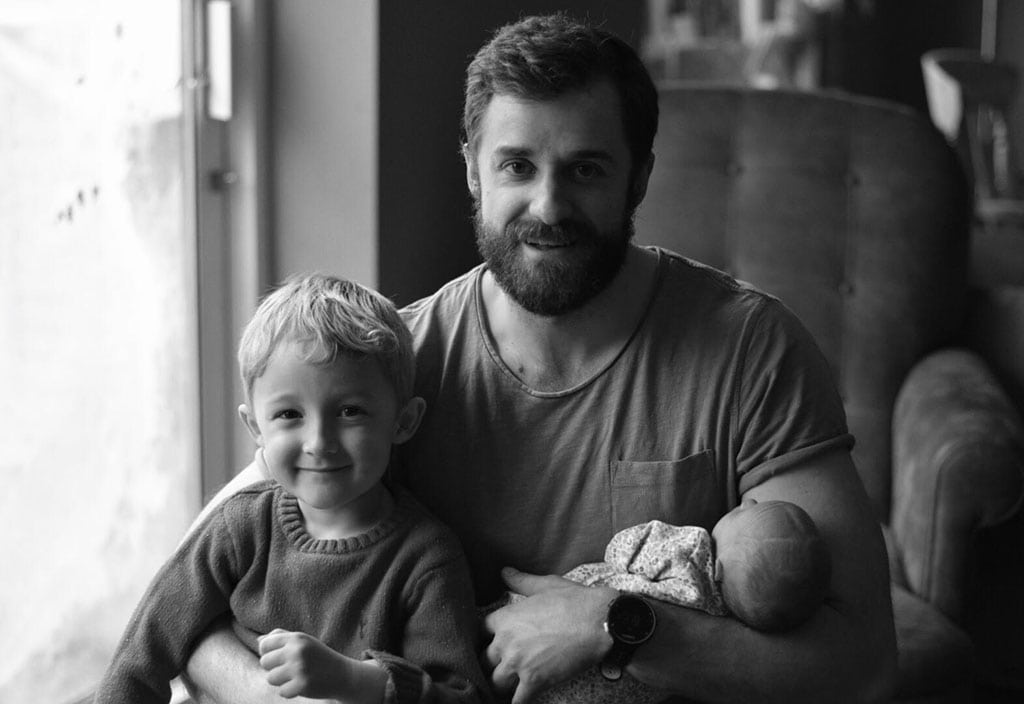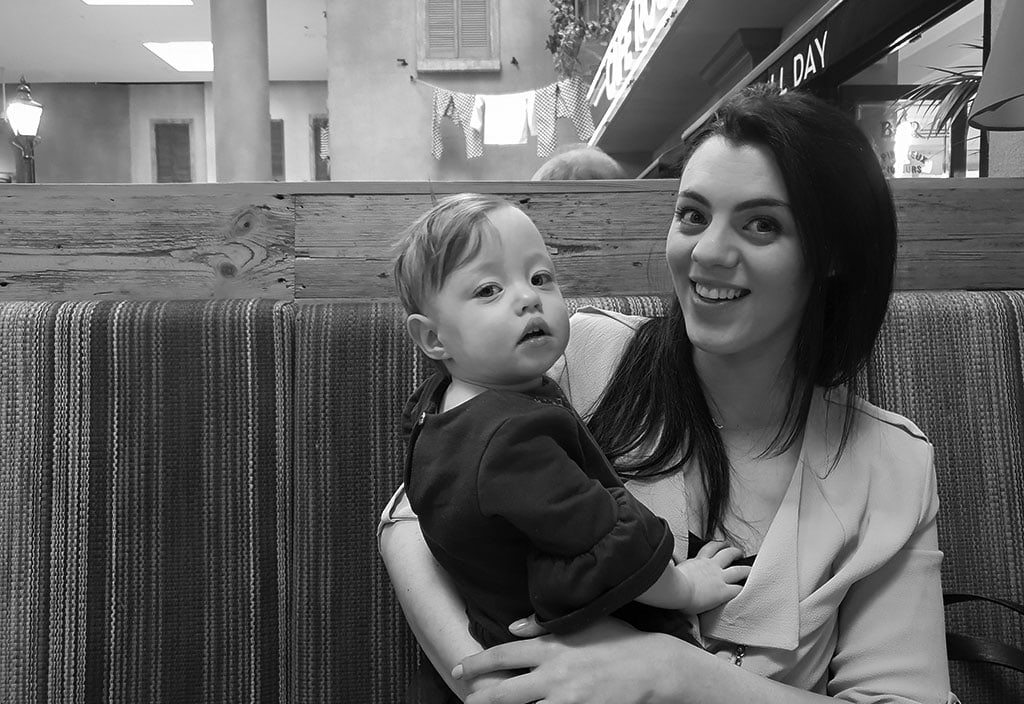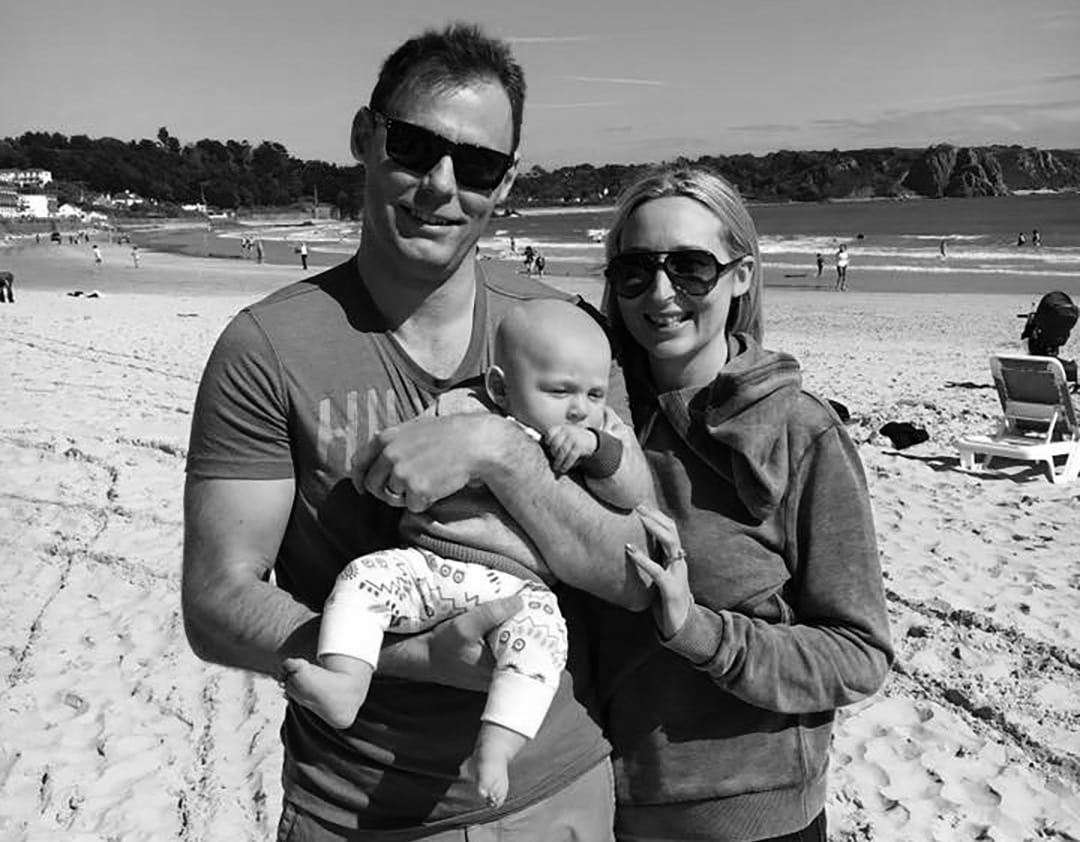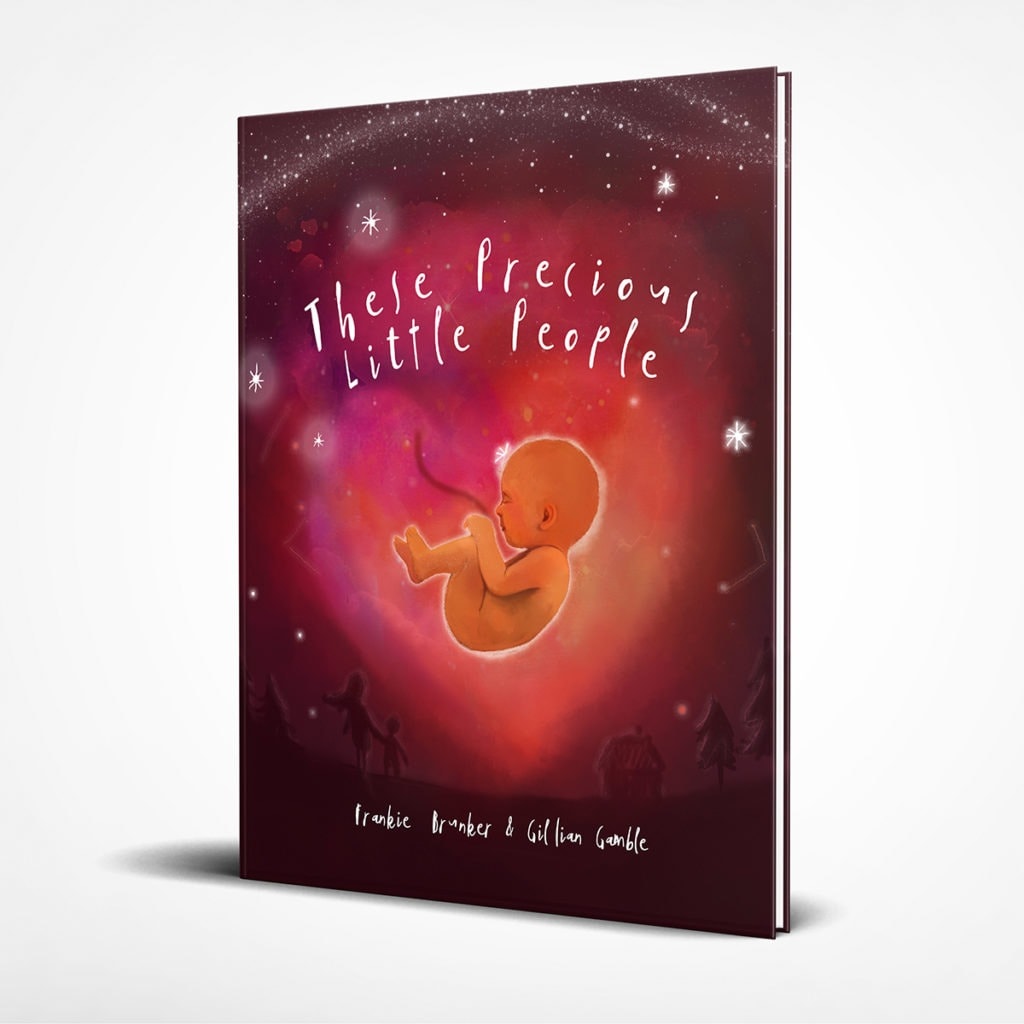Today on the blog we have Jonny Stacey, also known as The Fitness Dad. Jonny’s a personal trainer based in Amersham in Buckinghamshire and he works with everyday people to help them get fit and healthy. We first connected through Instagram following our experiences of baby loss and I invited Jonny to share some of his self-care wisdom for #thebigselfcareshare.

Tell us about yourself, Jonny.
I’m a father of three; Arthur, Henry and Maggie. Arthur and Maggie are here with us and unfortunately, Henry was stillborn. I also have one four-legged pooch called Ben and an amazing fiancé, Katie.
As a personal trainer, I work with a lot of parents in particular as I can relate to their common everyday problems and help them find some time to work on themselves and solve those problems. I also have a YouTube channel where I put out Vlogs on fitness, baby loss and general family stuff. I have also written a blog all about our experience with stillbirth called ‘Don’t forget about dad‘.
What does self-care mean to you?
Self-care, to me, is about looking after yourself so you can give your best self to others. I believe that if you aren’t truly happy, you can’t serve and make others happy. I believe we all need to spend some time focusing on ourselves, especially as a parent otherwise it’s just all give, give, give.
How do you practice self-care?
I incorporate self-care through exercise and I think daily movement is hugely underrated. The endorphins from exercise are like no other. As a parent, I also think it’s hugely important to set an example of leading a fit and healthy life for your children. Exercise has played a huge role in every stage of my life and it’s what I have turned to, to help me cope, especially after the loss of our son Henry. I also think spending time doing things you love is incredibly important.
Eating well can make you feel good too and there is some truth in ‘you are what you eat’. If you eat rubbish all the time you feel pretty rubbish and if you eat healthy food you feel good.
I also try my best daily to just be a good person and think there is something very empowering about being kind to others.
I also try my best daily to just be a good person and think there is something very empowering about being kind to others. Be polite to people, including strangers. And I like to try and have a very positive outlook on things which was hugely tested with what happened to Henry but I have managed to somehow cope. I think a positive outlook has helped and your circle of peers are incredibly important for this; you need to surround yourself with nice people.
They say you are a by-product of the 5 people you spend the most time with so if you spend your time with positive, happy people you are likely to feel that way. If you spend your time with people who complain, moan or constantly put others down, you too will feel down and also start to do the same to others.
Tell me, how have you found the process of opening up online about your son and your experiences?
Opening up online about Henry has been one of the best things I have done in terms of coping with his loss. I have met people I never would have otherwise and we have been able to share our experiences.
I originally created my blog as a way of expressing to everyone I know about how I truly feel as I found it hard to open up to family members and thought well if they read it then they can see how I feel. I also thought a male voice and opinion was lacking and since opening up I have had people from all over the world, as far as Australia, say “thank you, you have helped my husband” or “I now get how my partner feels thanks to you”. The fact that my sharing my experience is helping others is helping me too.
I have some huge fundraising plans for charities related to stillbirth and I also have big plans to keep my son Henry’s name and legacy known for years to come, hopefully for long after I myself am gone.
You’ve recently welcomed your daughter. How was pregnancy after loss for your family and what advice can you offer to those going through this?
After losing Henry we knew the only way we could truly feel somewhat healed (we never truly will be) was to get pregnant again. For anyone who is at that crossroad, I’ll be honest, it will be the hardest 9 months of your life. Anxiety can be at an all-time high and so my advice is to make sure you and your partner communicate and tell each other how you feel. But also, be as patient as possible with each other.
Katie’s anxiety was like nothing I had ever experienced and at times I felt pretty helpless which just made me feel frustrated and at times I took that out on her. A situation like this really tests your relationship. We had two pregnancies with just a three-month gap between them and both were very stressful situations to be in. But I used exercise and walking with the dog to help clear my mind.
If you are on edge and scared about going through it, you just have to tick off the milestones as you go along. The fear will never go away no matter how long you wait, it will always be scary. It is so worth that pain when you get to leave the hospital with a baby and we will always miss and love our Henry but we can’t let that hold us back from growing our family. He deserves to be a big brother too.
We were very afraid of getting our hopes up but tried to get as excited as we did in our first pregnancy.
We were very afraid of getting our hopes up but tried to get as excited as we did in our first pregnancy. I thought, we should get excited when we see tiny baby clothes at the shop, we should think of what to call her, we should dream of bringing her home like we did her biggest brother Arthur. With Henry, the only time we got to spend with him and get to know him was in the 9 months he was in Katie’s belly and Arthur and I used to sing silly songs to the bump and rest our heads on it at night. That was the only time I got to spend with my son and god forbid if it was to happen again I didn’t want to look back and think we didn’t enjoy the time getting to know our baby because that could have been the only time we had with her.
Talk, breathe and try to enjoy the pregnancy as best as you can.
–
Thanks so much for your contribution, Jonny, and for sharing your experiences of losing Henry and of pregnancy after loss. I’m sure your words will offer so much support and encouragement to those going through or embarking upon what can be a fragile time.
If you’re struggling with self-care after baby loss or during pregnancy after loss, or indeed any aspect of health or fitness, you can follow Jonny on Instagram or visit his websites:




